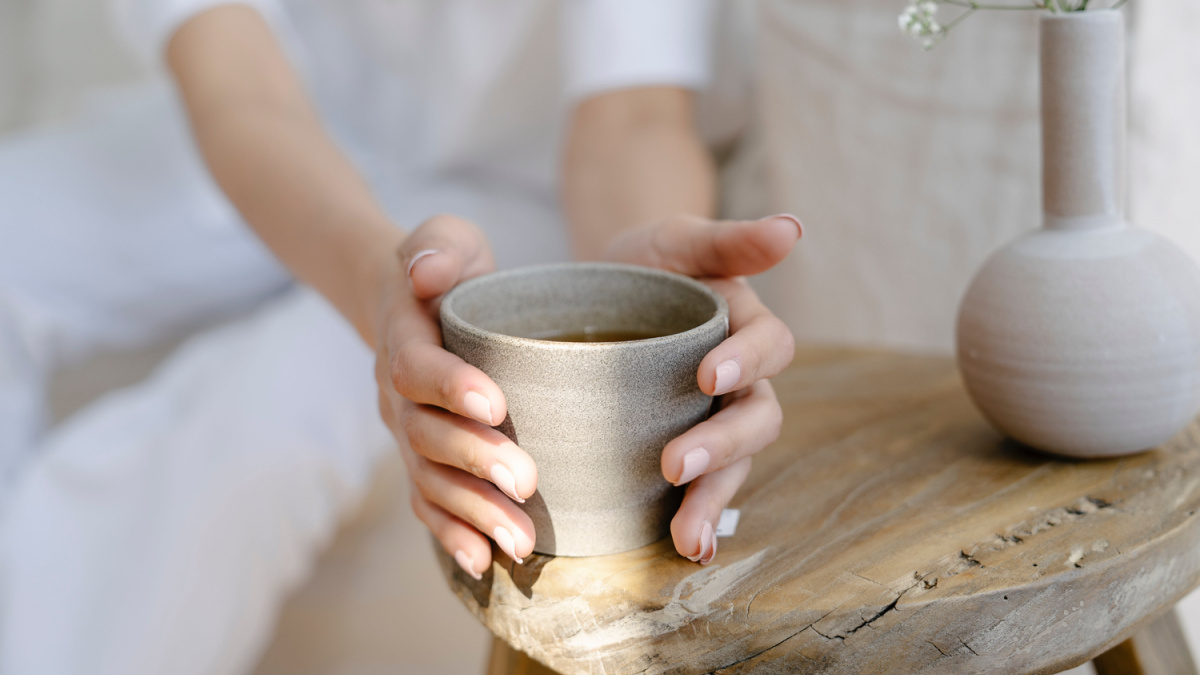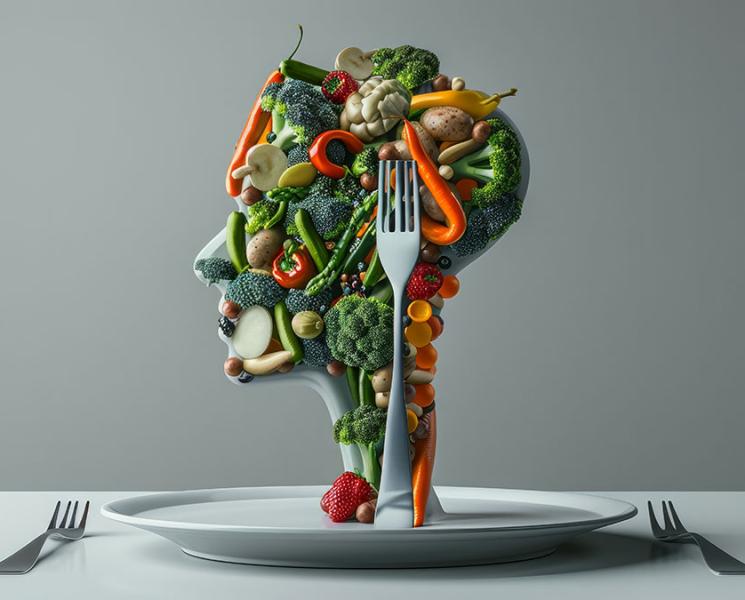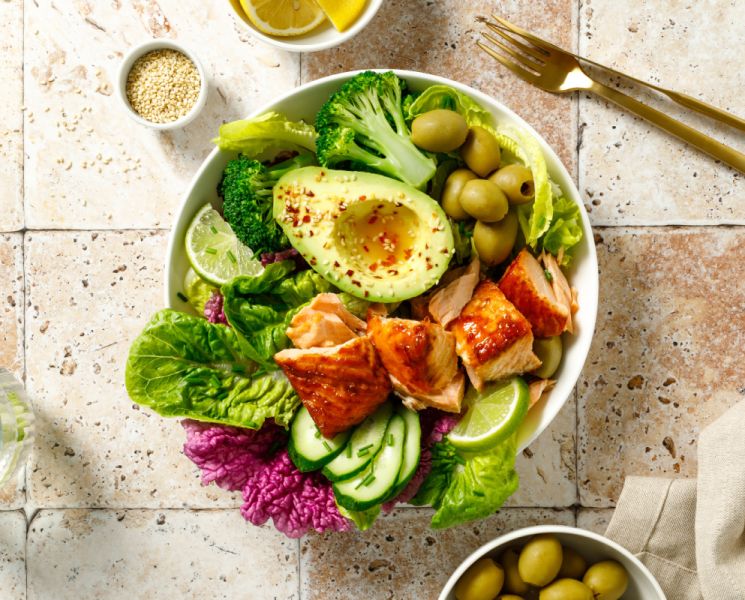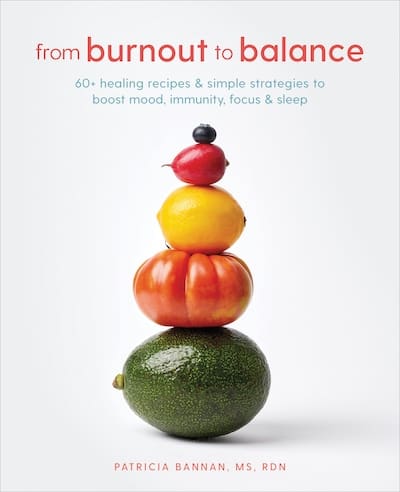Are you looking to brew up some of the best teas for bloating? Here are six options to try, with some background on how they can help with your symptoms.
For thousands of years, tea has been enjoyed not only as a delicious drink but also as a remedy for various ailments, including bloating. The term tea traditionally only included beverages prepared from the leaves of the tea shrub. However, it’s used today to describe the numerous herbal and fruity concoctions found across the world. From raspberry leaf tea to cranberry-apple tea, the varieties are endless!
As well as being a tasty, comforting drink, tea also has many medicinal benefits: it contains beneficial antioxidants, boosts your immune system, and can even help with bloating or indigestion, two very common conditions. This is why in my latest book, From Burnout to Balance, I include tea in each weekly meal plan. Read on to discover more about how tea can help you ease stomach problems.
First, What is Bloating?
Bloating refers to a condition where your stomach or belly feels stretched or too full. Each person might experience bloating for different reasons, perhaps after eating salty food, cruciferous vegetables, fizzy drinks, or dairy products.
Minor bloating every so often shouldn’t be cause for concern. However, if you’re experiencing frequent or painful bloating after eating, it’s best to consult your registered dietitian or health care provider to rule out medical causes.
For infrequent, non-serious bloating, read on to discover the best teas for bloating.
When Should I Drink Tea for Bloating?
I love to have a cup of tea after dinner and before bed, though it’s important to keep in mind that certain kinds of tea are caffeinated. If you’re wondering whether you should swap out coffee for tea in the morning, read the news about morning brews.
The kind of bloating you’re experiencing will affect when you should drink your tea, whether it be ginger, mint, or any other variety. Usually, drinking tea alongside your meal or after your meal has the best impact on digestion and bloating. However, if your bloating is related to hormones, such as with menstrual bloating, drinking a cup of tea can soothe your stomach in the moment.
It’s also important to keep your own personal routine in mind. If your midday cup of tea soothes you, then stick with it! Above all, trust your body.
What Tea Helps with Digestion and Bloating?
While tea is generally a healthful drink that can soothe many different ailments, there are certain kinds of teas that are better than others when combating indigestion and bloating. Many of them contain certain bioactive compounds.
On the flip side, there are plenty of “tea” drinks that might make digestion worse, such as “detox” teas that can contain potentially harmful laxatives, or ready-made tea drinks that can be high in sugar. As always, trust your body.
Here are 6 teas that science has shown to be effective in reducing symptoms of bloating:
- Ginger Tea
- Green Tea
- Spearmint or Peppermint Tea
- Dandelion Tea
- Chamomile Tea
- Raspberry Tea
1. How Does Ginger Tea Help with Bloating?
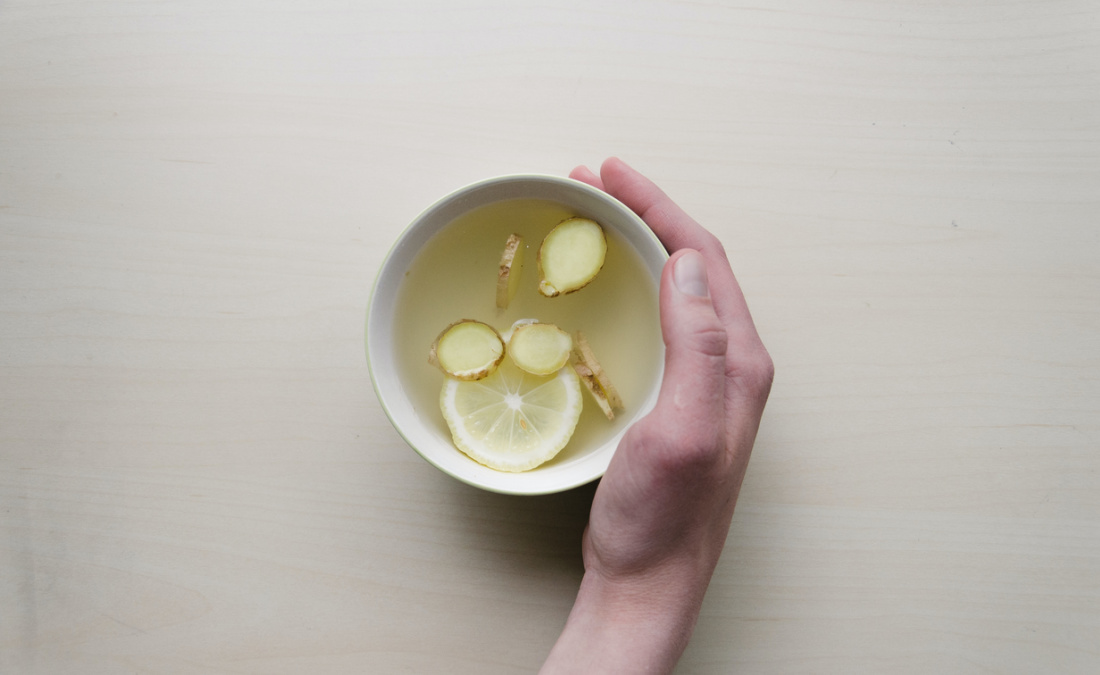
One recent study found that ginger juice increased the numbers of beneficial gut bacterial species, helping to regulate the subjects’ intestinal microbiota and promote digestion.
When brewing ginger tea for bloating, if you find the taste particularly strong, you can add lemon or your favorite sweetener to the pot.
2. How Does Green Tea Help with Bloating?

Lastly, green tea may positively influence the gut microbiota, according to one scientific review of the current tea research. As your gut microbes have a direct impact on digestion, drinking green tea may have a positive effect on bloating.
I always enjoy my green tea with a lemon or orange slice, which helps to brighten the flavor.
3. How Does Spearmint or Peppermint Tea Help with Bloating?
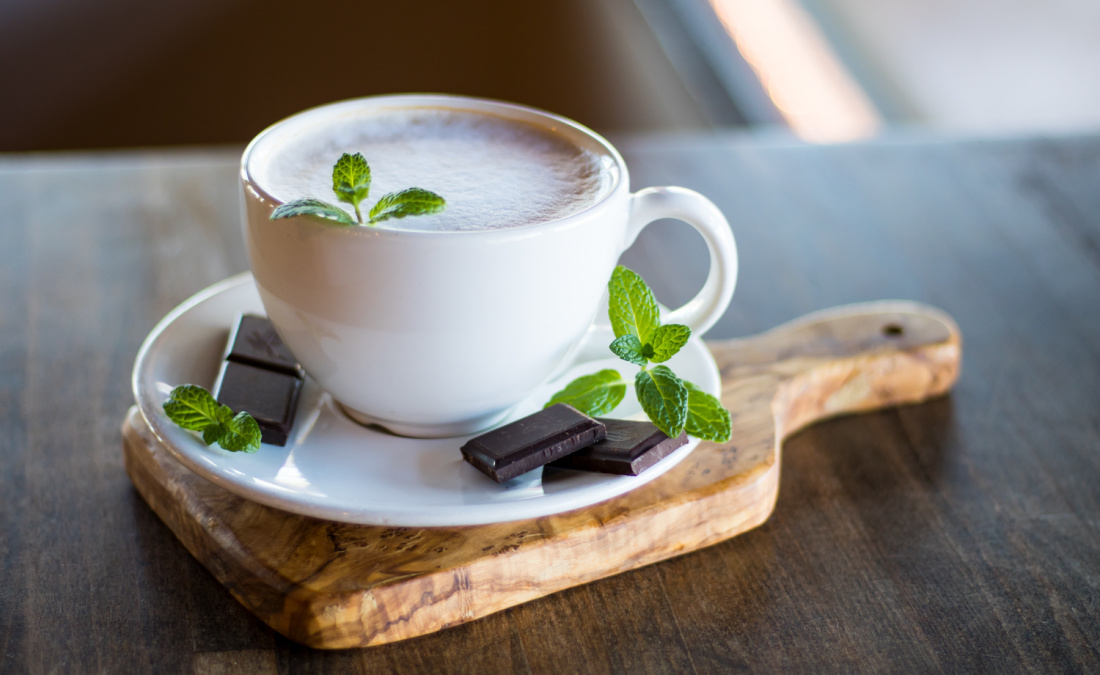
Mint tea can be made from peppermint leaves or from spearmint leaves. The flavors and benefits of each are similar, but spearmint tea has a lower concentration of menthol than peppermint.
Peppermint tea is one of the most popular herbal teas, and for good reason, as it is a wonderful tea for bloating. This is because the high concentration of flavonoids promotes relaxation of the gastrointestinal tissue, helping to relieve the cramping and bloating that are associated with indigestion.
Though there is less research on spearmint tea for bloating, it is still a great choice. Spearmint is slightly sweeter than peppermint but still has a refreshing, cool aroma and taste. For those who prefer gentler flavors, spearmint tea might be the better option when picking a tea for bloating.
4. How Does Dandelion Tea Help with Bloating?
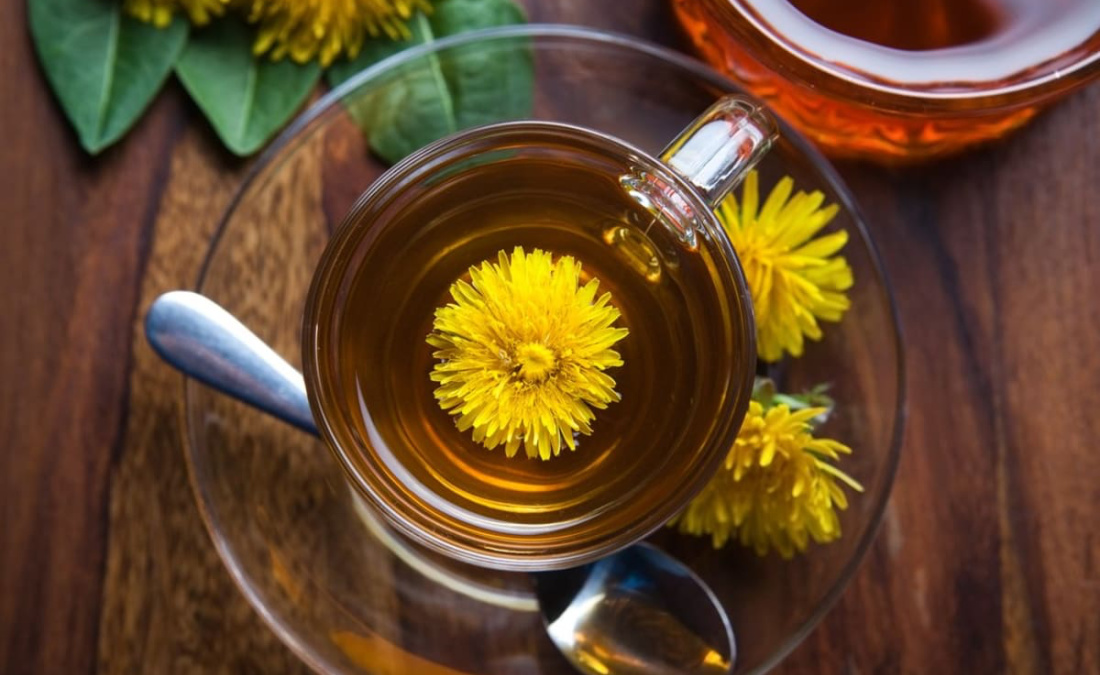
Dandelion tea is often consumed for its potential health benefits, including its diuretic properties. Diuretics can increase urine production and help reduce water retention (which may contribute to bloating.) Because it is a diuretic, just be aware of how much you’re drinking, and also keep up your water intake.
One review of the scientific literature found that dandelion products can reduce gut inflammation and protect against many gastrointestinal disorders.
5. How Does Chamomile Tea Help with Bloating?
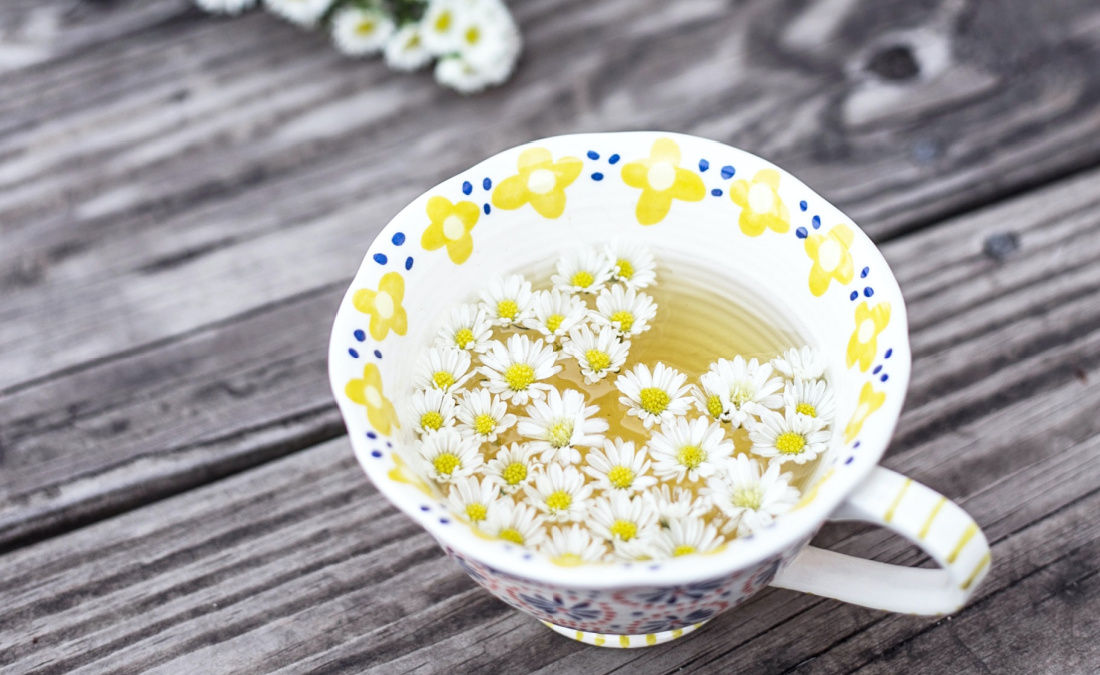
Enjoy a nice hot cup of chamomile tea before bed, and both you and your gut bacteria will be refreshed in the morning.
6. How Does Raspberry Tea Help with Bloating?
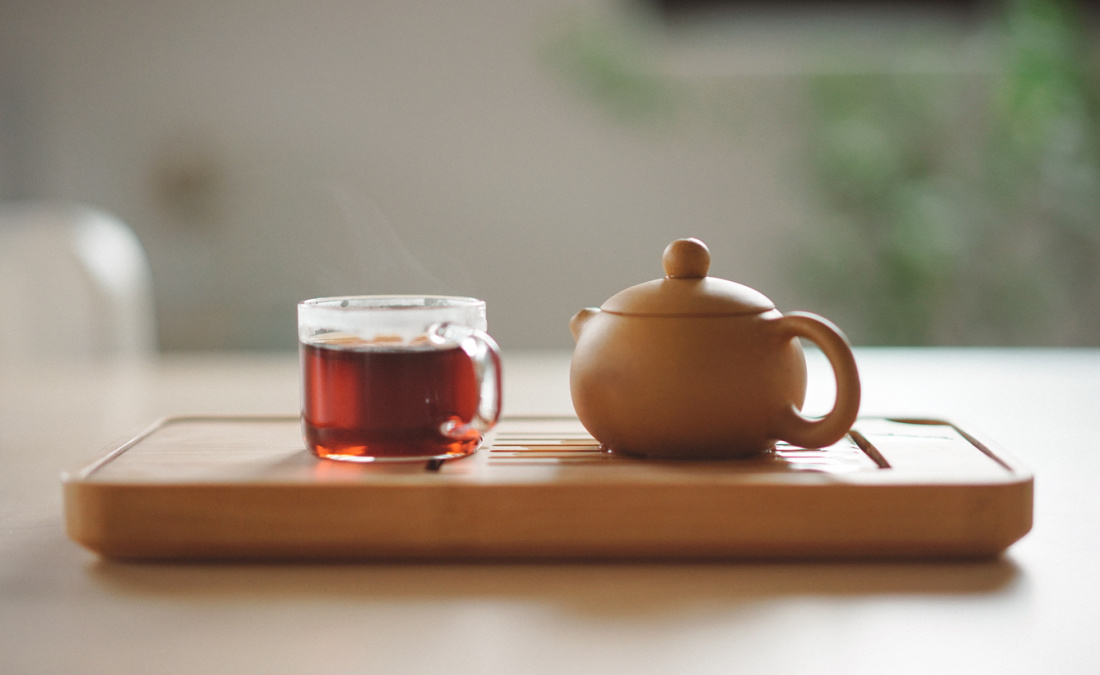
Plus, holding the warm mug to your stomach can also alleviate bloating or cramping symptoms. Pair this kind of tea with some dark chocolate or other mood-boosting snack for an additional burst of energy for your day.
With hundreds of tea varieties available today, you’re sure to find a delicious brew that can help to alleviate any bloating and discomfort. So, pick a tea above, boil some water, and sip away your troubles!

